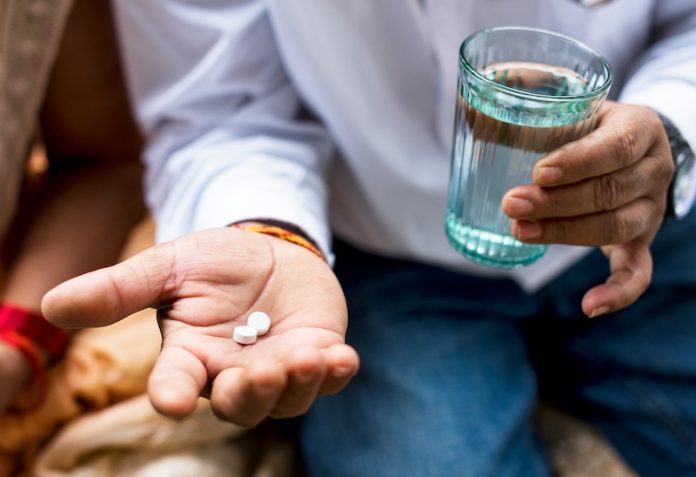
Managing high blood pressure is very important for heart health, especially for men who may face certain challenges.
While medications are often necessary to lower blood pressure and prevent serious problems like heart attacks or strokes, they can also cause unwanted side effects. Knowing what these side effects are can help men make better decisions and talk more openly with their doctors.
Blood pressure medications work in different ways. Some relax blood vessels so blood can flow more easily. Others slow the heart rate or reduce the amount of fluid in the blood. These effects are helpful in lowering blood pressure, but they can also lead to problems.
One common side effect in men is erectile dysfunction, or trouble getting or keeping an erection. Some medications, especially beta-blockers and diuretics, can reduce blood flow or affect the nerves involved in sexual function.
This can make it harder for men to perform sexually. It’s also important to know that high blood pressure itself can cause ED by damaging blood vessels. So, men need to work with their doctor to find a treatment that helps control their blood pressure without making ED worse.
Another side effect is feeling tired or low in energy. This often happens with beta-blockers, which slow down the heart. While this helps reduce pressure on the heart, it can also make men feel sluggish, especially those who are active or have physically demanding jobs.
Some men may also notice a lower interest in sex. This isn’t the same as ED. The exact reason isn’t always clear, but it may be caused by both the physical effects of the medication and the emotional stress of dealing with a long-term health problem like high blood pressure.
Swelling in the legs, feet, or ankles—known as edema—can happen with some calcium channel blockers. This side effect can be uncomfortable and affect how well a person moves or exercises.
Certain medications can also cause changes in the body’s salt and mineral levels. For example, low sodium (called hyponatremia) or low potassium (called hypokalemia) can lead to muscle cramps, weakness, or more tiredness. These changes can have a big impact on a man’s daily life if not managed properly.
Even with these possible side effects, it’s important to remember that treating high blood pressure is necessary. If left untreated, high blood pressure can damage the heart, brain, and kidneys. So, the benefits of medication usually outweigh the risks.
The good news is that side effects don’t have to be permanent or severe. Doctors can often change the dose or try a different type of medicine to help. Men who notice any side effects should speak up and work with their healthcare provider to find a solution that keeps them healthy without hurting their quality of life.
In addition to medication, lifestyle changes can also help. Eating healthy foods, being active, reducing stress, getting enough sleep, and avoiding smoking and too much alcohol can all improve blood pressure and overall well-being.
In short, while blood pressure medicines can have side effects, men don’t have to suffer in silence. By staying informed and working with their doctor, they can find a treatment plan that keeps their blood pressure in check and supports a healthy, active life.
If you care about high blood pressure, please read studies about unhealthy habits that may increase high blood pressure risk, and drinking green tea could help lower blood pressure.
For more information about high blood pressure, please see recent studies about what to eat or to avoid for high blood pressure, and 12 foods that lower blood pressure.
Copyright © 2025 Knowridge Science Report. All rights reserved.



